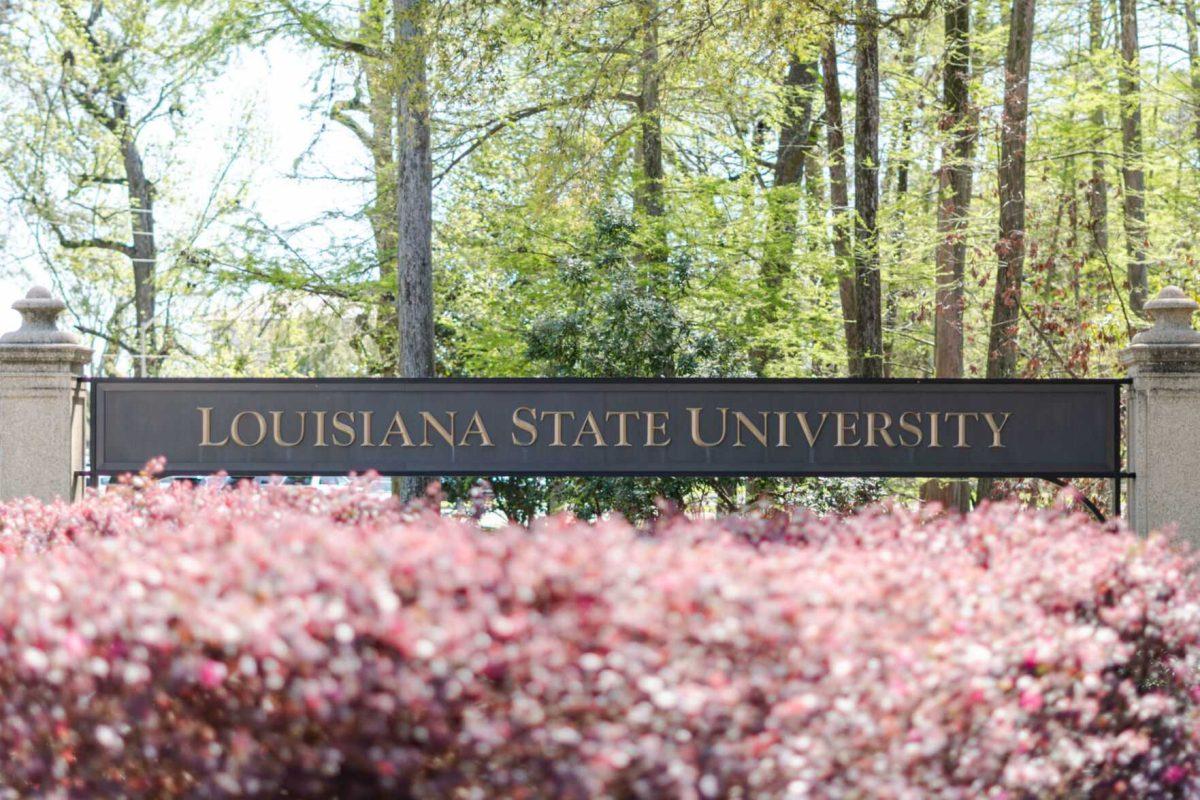In 2012, three East Coast academics hatched a haunting idea from the conference rooms of Vanderbilt University during the Society for the Study of Southern Literature Conference. LSU Press published their final product, “Undead Souths,” just in time for the pumpkin carvings and scary movie marathons of Halloween season.
The editors — Taylor Hagood, Daniel Cross Turner and Eric Gary Anderson — wanted to write a serious work of literary scholarship on a fun topic. Their collection of essays spans the southern United States’ campy culture of horror from the 1800s to present.
Inspired by pop culture fascinations with television shows such as “True Blood” and “The Walking Dead,” Hagood said they all discovered a “strain of undeadness” prevalent in southern literature. Though such undeadness occasionally included zombies and vampires, he said sometimes its themes were more subtle.
“One essay considers early photographic capturings of dead bodies on Civil War battlefields and the ways that the Old South basically died and then came roaring back to life as a cherished undead thing,” Hagood said.
Hagood, a University of Mississippi graduate and associate professor of American literature at Florida Atlantic University, specializes in William Faulkner, southern literature and African-American literature.
He and Anderson met in 2006 at the Multi-Ethnic Literature of United States Society’s convention in Boca Raton, Florida. Turner joined the mix in 2009 after he and Hagood co-edited H-Southern Lit, an H-Net discussion network.
With several years of professional acquaintanceship, they all decided to collaborate on a compilation of the South’s most morbid short stories, comic strips and slasher film reviews, written by authors ranging from Edgar Allan Poe to Charles Chesnutt.
Hagood said the team published through LSU Press because their goals perfectly aligned with those of the university’s Southern Literary Studies series. Since its inception in 1963, the series continues to be the oldest in the field of southern literature.
“LSU Press is one of the premier university presses in the world — one of the few that has published books that have won Pulitzer Prizes,” Hagood said.
Collaboration on the project was smooth-sailing from the get-go, Anderson said.
Anderson, a Rutgers University graduate, is an associate professor of English at George Mason University in northern Virginia. His teaching and scholarship examine both southern literary studies and Native American and Indigenous Studies.
Anderson said his passion for horror dates back to elementary school, when he would watch old Universal horror movies and Halloween specials like “It’s the Great Pumpkin, Charlie Brown” every year.
He said it was not until 2012 when he realized he could merge his love for the macabre with his career.
“In spring 2013, I taught a sophomore-level literature class on vampires,” Anderson said. “Lots of undead things came together at about the same time.”
Also an associate professor of English, Turner teaches at Coastal Carolina University near Myrtle Beach, South Carolina. The Vanderbilt graduate specializes in contemporary U.S. literature, film and other media, southern literature and poetry.
Turner said he had long been an admirer of Hagood’s and Anderson’s work.
“Working with them was one of the most rewarding experiences of my life,” Turner said.
Anderson said their book attempts to transform conventional notions of the South into something much bigger and more surprising.
He said they hope to dynamite the rails of tradition by placing the horror genre in a seemingly quiet, slow-paced southern setting.
“We … are working, in a variety of ways, to understand the South as a bigger, more expansive, more volatile and less-bounded place than older generations of scholars had thought,” Anderson said.
Essay collection explores ‘undeadness’ in southern literature
October 18, 2015
More to Discover







